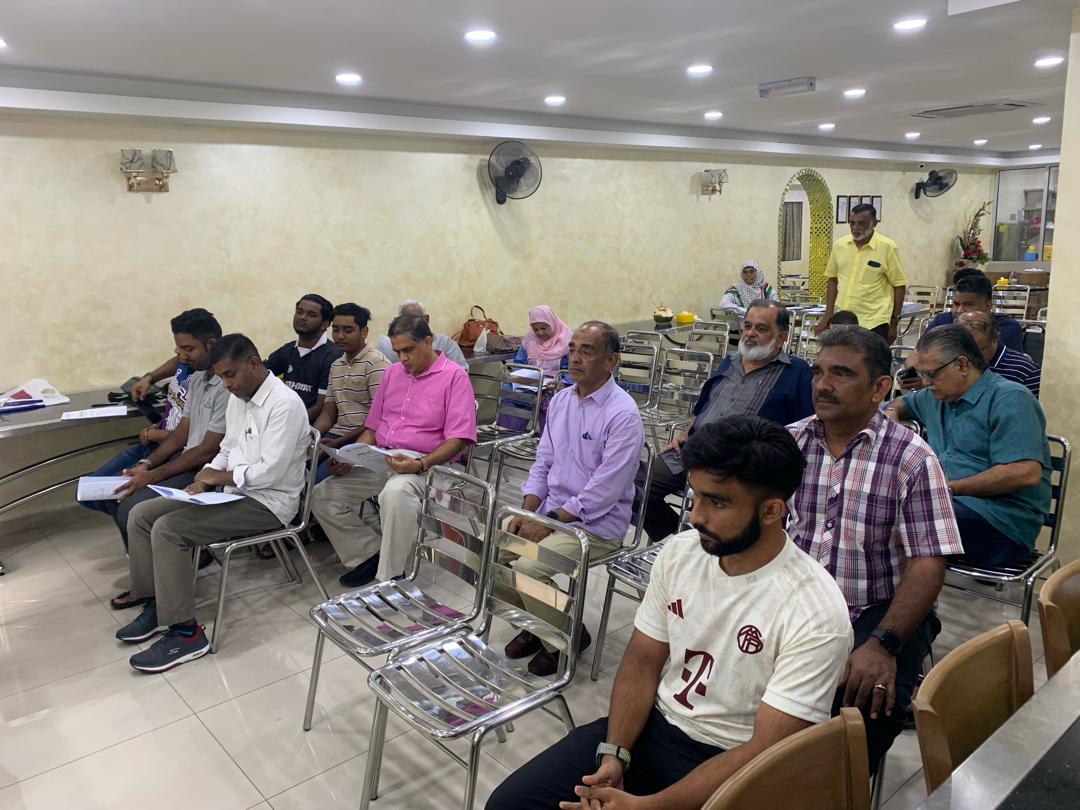The Ugly Briton
By Shashi Tharoor Monday, Nov. 29, 2010
Waiting in vain Churchill’s decisions meant hardship and death for millions
AP
Few statesmen of the 20th century have reputations as outsize as Winston Churchill’s. And yet his assiduously self-promoted image as what the author Harold Evans called “the British Lionheart on the ramparts of civilization” rests primarily on his World War II rhetoric, rather than his actions as the head of a government that ruled the biggest empire the world has ever known. Madhusree Mukerjee’s new book, Churchill’s Secret War, reveals a side of Churchill largely ignored in the West and considerably tarnishes his heroic sheen.
In 1943, some 3 million brown-skinned subjects of the Raj died in the Bengal famine, one of history’s worst. Mukerjee delves into official documents and oral accounts of survivors to paint a horrifying portrait of how Churchill, as part of the Western war effort, ordered the diversion of food from starving Indians to already well-supplied British soldiers and stockpiles in Britain and elsewhere in Europe, including Greece and Yugoslavia. And he did so with a churlishness that cannot be excused on grounds of policy: Churchill’s only response to a telegram from the government in Delhi about people perishing in the famine was to ask why Gandhi hadn’t died yet. (See the top 10 weird government secrets.)
British imperialism had long justified itself with the pretense that it was conducted for the benefit of the governed. Churchill’s conduct in the summer and fall of 1943 gave the lie to this myth. “I hate Indians,” he told the Secretary of State for India , Leopold Amery. “They are a beastly people with a beastly religion.” The famine was their own fault, he declared at a war-cabinet meeting, for “breeding like rabbits.”
As Mukerjee’s accounts demonstrate, some of India’s grain was also exported to Ceylon (now Sri Lanka) to meet needs there, even though the island wasn’t experiencing the same hardship; Australian wheat sailed past Indian cities (where the bodies of those who had died of starvation littered the streets) to depots in the Mediterranean and the Balkans; and offers of American and Canadian food aid were turned down. India was not permitted to use its own sterling reserves, or indeed its own ships, to import food. And because the British government paid inflated prices in the open market to ensure supplies, grain became unaffordable for ordinary Indians. Lord Wavell, appointed Viceroy of India that fateful year, considered the Churchill government’s attitude to India “negligent, hostile and contemptuous.” (See pictures of the Red Cross during the war.)
Mukerjee’s prose is all the more devastating because she refuses to voice the outrage most readers will feel on reading her exhaustively researched, footnoted facts. The way in which Britain’s wartime financial arrangements and requisitioning of Indian supplies laid the ground for famine; the exchanges between the essentially decent Amery and the bumptious Churchill; the racism of Churchill’s odious aide, paymaster general Lord Cherwell, who denied India famine relief and recommended most of the logistical decisions that were to cost so many lives — all are described in a compelling narrative.
Churchill said that history would judge him kindly because he intended to write it himself. The self-serving but elegant volumes he authored on the war led the Nobel Committee, unable in all conscience to bestow him an award for peace, to give him, astonishingly, the Nobel Prize for Literature — an unwitting tribute to the fictional qualities inherent in Churchill’s self-justifying embellishments. Mukerjee’s book depicts a truth more awful than any fiction.
Tharoor, a Member of Parliament in India , is the author of Nehru: The Invention of India and other books.





